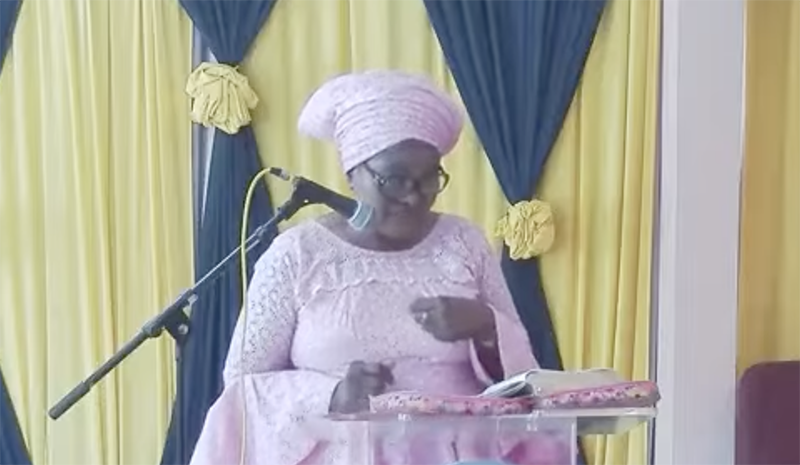We live in a world quick to condemn, quick to label, and quick to dismiss people based on their struggles. But as children of God, we are called to something higher. Jesus warns us in Matthew 7:1: “Do not judge, or you too will be judged.”
There Is No Time for Hate for a Child of God

pray, grow and share with us
Listen to Audio Version:
Sermon Notes
Bible References: Matthew 25, Matthew 7:1, Matthew 6:15-16, Isaiah 40:28-31, 1 Samuel 16:7
Introduction: The Danger of Judging Others
We live in a world quick to condemn, quick to label, and quick to dismiss people based on their struggles. But as children of God, we are called to something higher. Jesus warns us in Matthew 7:1: “Do not judge, or you too will be judged.”
Yet, how often do we look at someone’s hardships and assume they must have done something wrong? How often do we see a person going through trials and think, “They must not be right with God”?
But the Bible tells us something different: Tests do not mean God’s children are losing.
I. God Does Not Judge Like Man Judges
When we look at Job, we see a man who suffered greatly—not because he was sinful, but because God allowed his faith to be tested. His friends judged him, assuming his suffering was punishment (*Job 4:7-8*). But God rebuked them because they spoke wrongly about Him (Job 42:7).
Similarly, in John 9, Jesus’ disciples asked, “Who sinned, this man or his parents, that he was born blind?” Jesus responded:
“Neither this man nor his parents sinned, but this happened so that the works of God might be displayed in him.” (John 9:3)
Some struggles exist purely to reveal God’s glory, not as judgment.
II. God Judges with Love; Man Judges with Ego
Samuel went to Jesse’s house to anoint the next king of Israel. When he saw Eliab, he thought, “Surely the Lord’s anointed stands here.” But God said:
“Do not consider his appearance or his height… The Lord does not look at the things people look at. People look at the outward appearance, but the Lord looks at the heart.” (*1 Samuel 7:7*)
Man judges based on what is seen appearances, status, past mistakes. But God sees the heart.
We must examine our own hearts before we judge others.
III. Grace Over Judgment: Reflecting God’s Character
Jesus tells us in Matthew 6:15:
“But if you do not forgive others their sins, your Father will not forgive your sins.”
Hannah waited years for a child her delay was not denial. Joseph was sold into slavery his suffering was not abandonment. Both were being prepared for God’s purpose.
When we choose grace instead of condemnation, we reflect God’s character.
Application: How to Live Without Hate
- Pause Before Criticizing Ask yourself: “Am I judging based on facts or assumptions?”
- Offer Correction Wrapped in Love Truth should never be delivered with cruelty.
- Practice Humble Discernment We are called to discern falsehood (*Matthew 7:15-16*) but never to condemn people.
- Trust God’s Timing – Delay is not denial. Waiting is not judgment.
Conclusion: Walking in Love
Isaiah 40:31 reminds us:
“But those who hope in the Lord will renew their strength. They will soar on wings like eagles; they will run and not grow weary, they will walk and not be faint.”
God is not punishing you—He is preparing you. And just as He shows us mercy, we must show it to others.
There is no time for hate in the life of a child of God only love, grace, and the hope of His glory.








